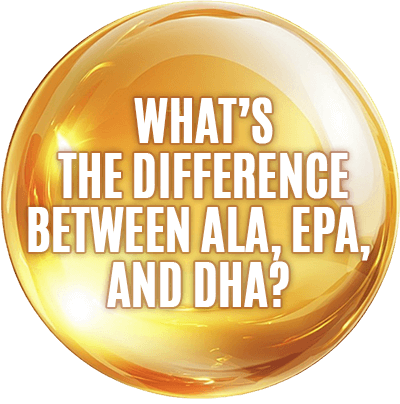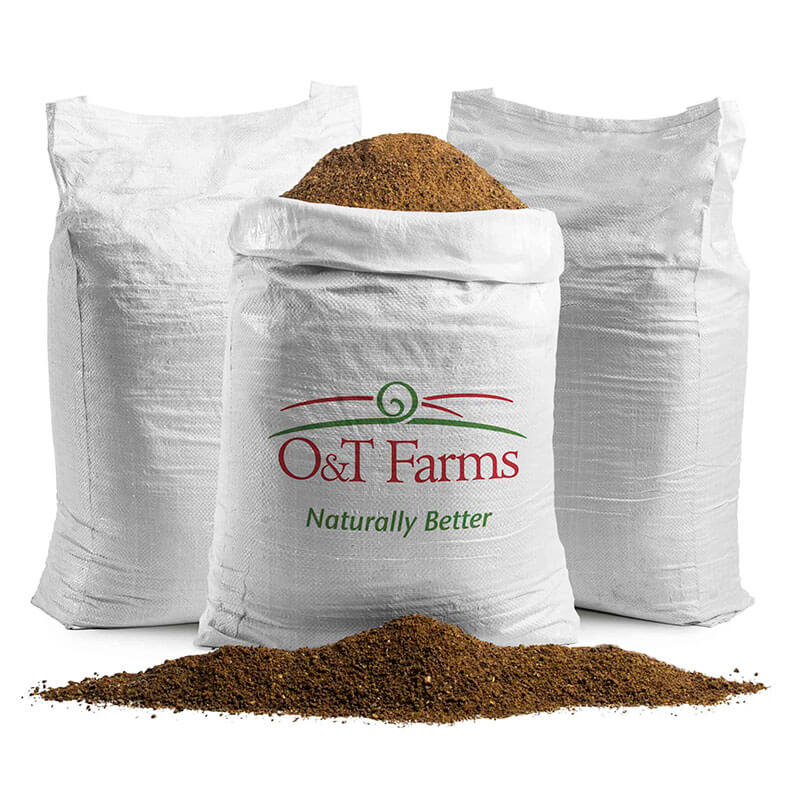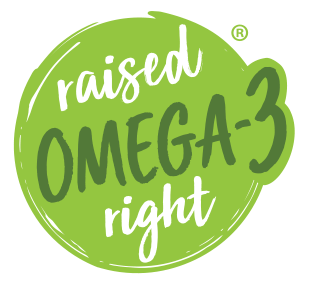Omega-3
Benefits
Unlock the Power of OMEGA –3s
for a Healthier Future
Omega-3 fatty acids are nature’s building blocks. They’re essential to our health but missing from much of today’s food system. Instead of relying on supplements and diet pills, we can create naturally nutrient-rich foods that support our well-being from the inside out.
Raised Omega Right® is restoring balance to our diets by naturally enriching the foods we all love with essential Omega-3s, delivering health benefits in every serving.
Heart Health – Helps maintain healthy cholesterol levels and supports overall cardiovascular function.
Brain Function & Mental Clarity – Aids in cognitive performance, memory, and focus.
Reduced Inflammation – Helps combat chronic inflammation linked to various health conditions.
Eye & Vision Health – Supports retinal function and long-term eye health.
Immune System Support – Strengthens the body's natural defenses.
Joint & Bone Health – Promotes strong bones and healthy mobility.
Gut Health – May alleviate symptoms of IBS and Crohn’s disease.
Healthy Skin & Hair – Provides essential fats that promote a radiant, youthful appearance.
Lower Risk of Chronic Disease –Helps reduce the likelihood of heart disease, arthritis, and other inflammatory conditions.


The ideal Omega-6 to Omega-3 ratio for human health is 4:1, but modern diets are closer to 20:1, leading to increased inflammation. Raised Omega Right helps restore this balance naturally.

Poly Unsaturated Fatty Acids are important structural components of cell membranes. Increasing omega-3 fatty acid intake increases the omega-3 content of red blood cells, immune cells (16), atherosclerotic plaques (17), cardiac tissue (18), and other cell types throughout the body.
Omega-3 are an essential fatty acids are a specific group of polyunsaturated fats that include any fatty acid with the first double bond located on the third carbon of the fatty acid chain from the methyl end. There are a wide range of these fatty acids; however, the main Omega-3s that are of particular interest to human health include:
• a-linolenic acid (ALA;C18:3 n-3)
• eicosapentaenoic acid (EPA; C20:5 n-3)
• docasahexaenoic acid ( DHA; C22:6 n-3)
Of these Omega-3 fatty acids, only ALA is classified as an “essential” nutrient (1). In other words, ALA is necessary for proper physiological and metabolic activities; however, unlike EPA and DHA, the body cannot produce it from existing precursors so it must come from the diet itself. The biological roles of ALA have particular importance in mediating inflammatory responses and has been suggested to partially protect against rheumatoid arthritis, Crohn’s disease, irritable bowel syndrome and heart heat disease (2). Additional research has suggested that ALA may help in the prevention of neurological conditions such as attention deficit hyperactivity disorder (3). Additionally, the Omega-3 fatty acid ALA also acts as the major precursor for the synthesis of EPA and DHA in the human body. These fatty acids are most commonly associated with brain and vision health while also demonstrating anti-inflammatory properties (4).
References: Burr, G.O., and M.M. Burr. 1930. On the nature and role of the fatty acids essential in nutrition. J. Biol. Chem. 86:587 – 621.
Stark, A.H., M. Crawford, and R. Reifen. 2008. Update on alpha-linolenic acid. Nutri. Rev. 66: 326-332.
Joshi, K. S. Lad, M. Kale, B. Patwardhan, S. P. Mahadik, B. Patni, A. Chaudhary, S. Bhave, and A. Pandit. 2006. Supplementation with flax oil and vitamin C improves the outcome of Attention Deficit Hyperactivity Disorder (ADHD). Prostaglandins Leukot. Essent. Fatty Acids. 74:17–21.
Calder, P.C. 2015. Marine omega-3 fatty acids and inflammatory processes: effects, mechanisms and clinical relevance. Biochim. Biophys. Acta.1851:469-484.

Of all the omega-3 fatty acids, ALA is the only one that is classified as “essential”. This means it is required for the body to function properly, but it cannot be produced within the body so it must come from the diet (1).
Other omega-3 fatty acids like EPA and DHA can be produced by the body when ALA is present; therefore, these omega-3s are not classified as “essential” nutrients and are not required as part of a healthy diet.
Although EPA and DHA have received much of the spotlight related to their role in human health, ALA also plays a critical role!
Good Food Made Better
Raised Omega Right® foods are clean-label products, free from additives, and deliver Omega-3 benefits without changing the taste of the foods you love. 67% of us check food labels for nutrition– Raised Omega Right® makes it easy to see that we’re getting the nutrients we need without sacrificing quality.

The science Behind
Raised OMEGA Right®
Our journey to healthier dairy starts with better feed. Using linPRO, an Omega-3-rich flax-based ingredient, we help you nourish your livestock naturally, resulting in healthier animals that produce products that are richer in essential nutrients.
More Omega-3s → Healthier Animals → Nutrient-Dense Foods
Unlike other Omega-3s, ALA is classified as an essential nutrient, meaning the body cannot produce it and must get it from diet. The ALAs in linPro naturally enrich livestock diets, producing a stable source of Omega-3 rich foods.
Below is a list of options of Omega-3s by age and sex and how the daily omega-3 recommendation can be met. Of course, Omega-3 supplements can b consumed to meet the daily requirements but Omega-3s can be incorporated into your daily diet with only minor adjustments to the foods you already consuming to reduce your need for dietary supplementation.
(1 oz serving)
(per 2 eggs)***
Supplements are not fully absorbed in your body therefore the benefit is less than required, While Omega-3 supplements can help, they are not fully absorbed by the body in the same way as naturally enriched foods. Studies show that Omega-3s consumed through whole foods are better utilized, providing more consistent and effective health benefits than isolated supplements. Raised Omega Right foods deliver Omega-3s in a natural, bioavailable form, ensuring better absorption and impact.






